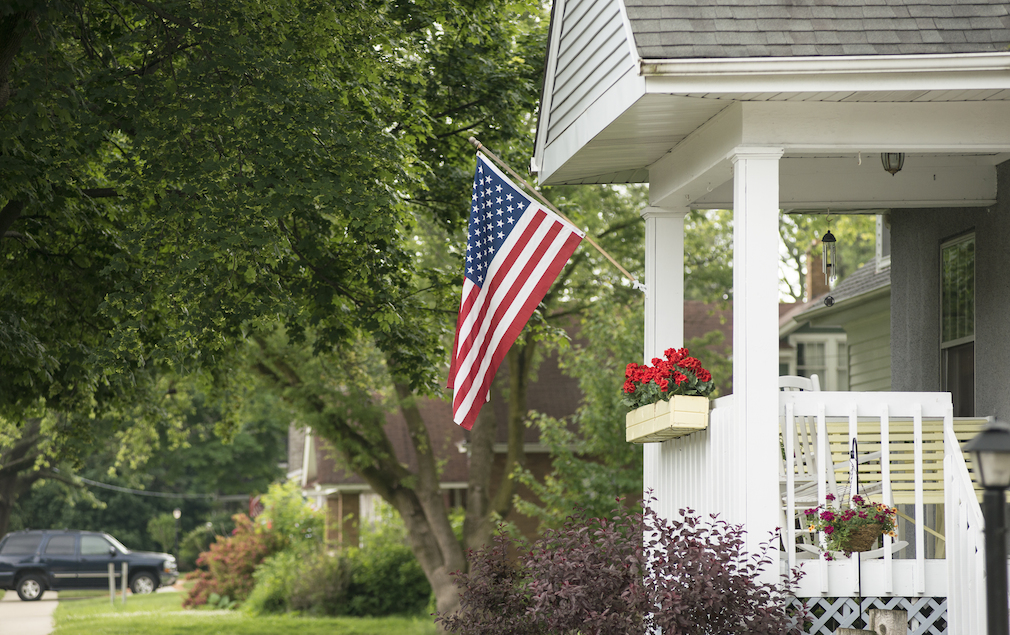It’s always been tough to be a first-time buyer, stretching to get into a starter home. Today, there’s an extra challenge: an unprecedented level of competition from investors who often are backed with Wall Street money, according to a New York Times story.
“Rising construction costs, restrictive zoning rules and shifting consumer preferences, among others — has already led to a scarcity of affordably priced housing in many big cities,” the story said. “Investors, fueled by Wall Street capital, are snapping up much of what remains.”
Last year, investors bought about one in five of the nation’s starter homes, defined as the least expensive third of local markets, the Times said, citing CoreLogic data. Some are so-called wholesalers who purchase houses suitable for flipping and sell within weeks or months to investors, while others are buying properties they plan to renovate and resell themselves.
In some of the nation’s hottest markets, investors bought close to half of the most affordable homes and as much as a quarter of all single-family homes sold last year.
“Often, conventional buyers do not even have a chance,” the story said. “In some cases, wholesalers make unsolicited offers on properties, then flip them to investors without putting them on the public market.”
Small-time real estate investors were around prior to the housing bust. In fact, they bore some of the brunt of the public’s blame for the housing crash. What changed after the Great Recession with the involvement of corporate America, the Times story said.
Companies like Invitation Homes, backed by the private equity firm Blackstone Group, bought up tens of thousands of homes and rented them out. Wall Street firms expanded investments in “flip-and-fix” loans securitized by so-called hard-money lenders. Last year, Angel Oak announced a $90 million securitization of fix-and-flip loans.
Last week, legendary Wall Street buyout firm KKR said it was doubling down on house flipping. The private equity firm run by billionaires Henry Kravis and George Roberts said it is putting another $250 million into Toorak Capital Partners, which buys short-term loans made to real estate investors.
“Large-scale institutional investors bought tens of thousands of homes for less than they cost to build,” the Times story said. “At first, the flood of capital seemed like a one-time opportunity arising from the collapse of the residential real estate market. Once the bargains dried up, the investors were expected to stop buying. Except they didn’t stop.”







